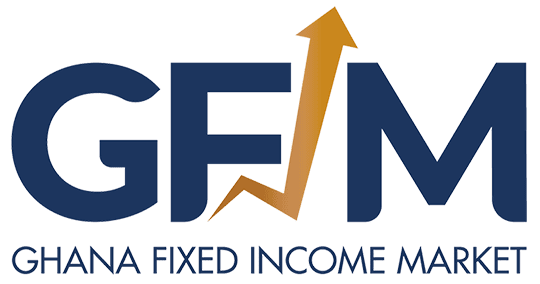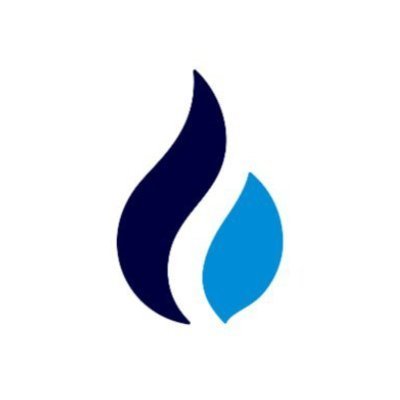By Ghana News
Copyright ghanamma

Ghana’s fixed income market recorded exceptional trading volumes of 1.33 billion cedis across 220 transactions on September 23, 2025, with treasury bills dominating activity as investors demonstrated sustained appetite for government securities amid the country’s ongoing economic stabilization efforts.
The Ghana Fixed Income Market (GFIM) witnessed comprehensive trading across all major debt instrument categories, with treasury bills accounting for the largest share at 521.3 million cedis through 162 separate transactions, according to official trading data. The robust activity reflects growing investor confidence in Ghana’s debt instruments following the country’s International Monetary Fund (IMF)-supported economic recovery program.
Short-term government securities proved particularly attractive to investors, with 91-day treasury bills generating the single largest transaction of 457.5 million cedis for instruments maturing October 20, 2025. The concentration of activity in shorter-dated instruments suggests investors remain cautious about longer-term commitments while positioning for potential yield curve movements.
New Government of Ghana (GOG) notes and bonds contributed 87.3 million cedis across 18 trades, with the most active security being the 2028 maturity bond yielding 16.05 percent and trading at 85.39 cedis. The yield levels reflect the current interest rate environment as Ghana continues its monetary policy normalization process under Bank of Ghana (BOG) guidance.
Corporate bond trading remained selective but showed encouraging diversity, with 2.3 million cedis traded across five transactions. The Ghana Cocoa Board emerged as the most active corporate issuer, recording 1.62 million cedis in volume across two separate bond issues, demonstrating sustained institutional investor interest in state-backed corporate securities.
Central bank securities contributed significantly to overall volumes, with BOG bills generating 341.7 million cedis through 15 transactions. The 273-day BOG bill dominated this category with 321.7 million cedis traded, indicating strong demand for medium-term central bank paper as investors seek yield while maintaining liquidity flexibility.
Repo market activity included 378.1 million cedis in sell-and-buy-back transactions across 19 trades, primarily concentrated in longer-dated government bonds with maturities extending to 2035. This activity suggests active portfolio management by institutional investors seeking to optimize their duration exposure while accessing short-term funding.
The diversified trading pattern across multiple instrument categories reflects Ghana’s maturing debt capital markets infrastructure and improving economic fundamentals. Recent market developments show yields on government securities declining as investor confidence strengthens amid the country’s economic stabilization efforts.
Market participants demonstrated particular interest in the 91-day to 364-day treasury bill segment, with active trading across multiple maturity dates extending through September 2026. This pattern indicates investors are positioning across the yield curve while maintaining focus on shorter-duration instruments that offer both attractive returns and reduced credit risk exposure.
The absence of activity in traditional repo and Global Master Repurchase Agreement (GMRA) categories suggests market participants are utilizing alternative liquidity management tools, while the concentration in sell-and-buy-back transactions indicates sophisticated portfolio management strategies among institutional investors.
Trading yields on government bonds ranged from 15.33 percent to 16.98 percent for new issues, while older government securities traded at yields approaching 24.80 percent, reflecting the market’s differentiation between various credit vintages and maturity profiles. These yield levels remain elevated compared to historical norms but show gradual compression as Ghana’s economic indicators continue improving.
The comprehensive trading activity across all major fixed income categories demonstrates the Ghana Fixed Income Market’s role as a critical pricing and liquidity venue for the country’s debt instruments. With total daily volumes exceeding 1.3 billion cedis, the platform continues serving as a vital component of Ghana’s financial market infrastructure during the ongoing economic recovery phase.



